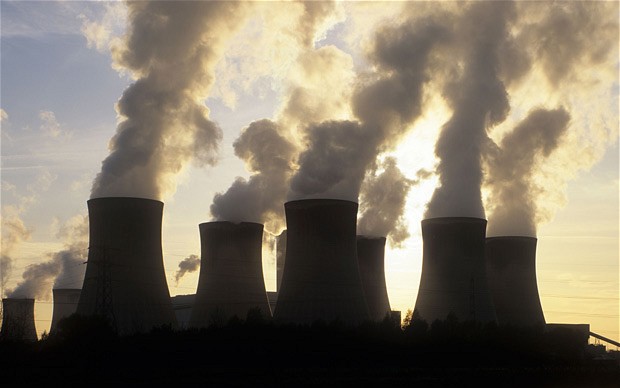Unless the world starts reducing fossil fuel use now and go completely fossil-free by 2050, hundreds of millions of people will be displaced due to rising sea levels.

This was the view of Mahir Ilgaz, Researcher at 350.org, in a reaction to the Intergovernmental Panel on Climate Change (IPCC) special report on Oceans and the Cryosphere, released on Wednesday, September 25, 2019.
While stressing that continuing the fossil fuel addiction is akin “to literally drowning ourselves,” Ilgaz stated that the marine ecosystems, already under stress from pollution and overfishing, would not be able to cope with unchecked climate change.
The findings of IPCC report, backed by government representatives gathered in Monaco, appear to paint a bleak picture of extensive ecosystem loss and water stress, likely to lead to loss of livelihoods and massive displacements. The report, according to observers, confirms that unless man starts phasing out fossil fuels immediately, the consequences on the oceans and on the ice caps storing most of the planet’s freshwater will be devastating, and they will hit the most vulnerable the hardest.
“We are not only damaging our life-giving oceans, but we are also destroying their capacity as a carbon sink, risking even more runaway climate change. It’s time to stop this madness and preserve what we have. This means enacting radical policies to protect marine ecosystems, stop all new fossil fuel infrastructure, and phase out existing ones,” added Ilgaz.
According to scientists’ assessment, the areas most vulnerable to extreme weather events today will also be the hardest hit tomorrow. “There is a significant risk that the combination of extended droughts, rising sea levels and decreasing fish catches will eventually force many communities in coastal areas of their homes. Fishing supports the livelihoods of between 660 and 820 million people: globally, the maximum catch potential is predicted to decline about 16 to 25 per cent by the end of the century, if emissions continue.”
Other potential risks highlighted in the report, some less likely than others, include massive disruption to ocean currents, the release of hundreds of billions of tons of CO2 by way of thawing of permafrost in the Arctic and spreading of dead zones in the oceans.
Between September 20 and 27, a wave of global climate strikes is seeing millions leave schools and workplaces to call for immediate and radical climate action consistent with science and for an end to the age of fossil fuels.
Landry Ninteretse, 350Africa.org Regional Team Leader, said: “The report weighs heavily on the realities of communities that depend on the oceans for their livelihoods. Rising sea levels will have a significant environmental and cultural impact if rigorous measures aren’t put in place to reverse the impending dangers. African governments have to double their efforts to protect oceans from harmful activities which include overfishing methods and coal-fired power plants located in coastal areas like in Senegal and Kenya.
“That’s the only chance to turn things around and ensure the most vulnerable and important marine resources and people’s livelihoods are indeed protected. Climate justice is intrinsically linked to the oceans and marine resources protection.”
The IPCC special report on Oceans and the Cryosphere is one of two reports coming out in 2019 as follow-up to the landmark 1.5°C report released last October. The first one, a special report on Land and Climate Change, was released in August.
In response to the evidence of the 1.5°C report, 350.org developed a People’s Dossier on 1.5°C highlighting 13 stories of local resistance to fossil fuels by vulnerable communities.
